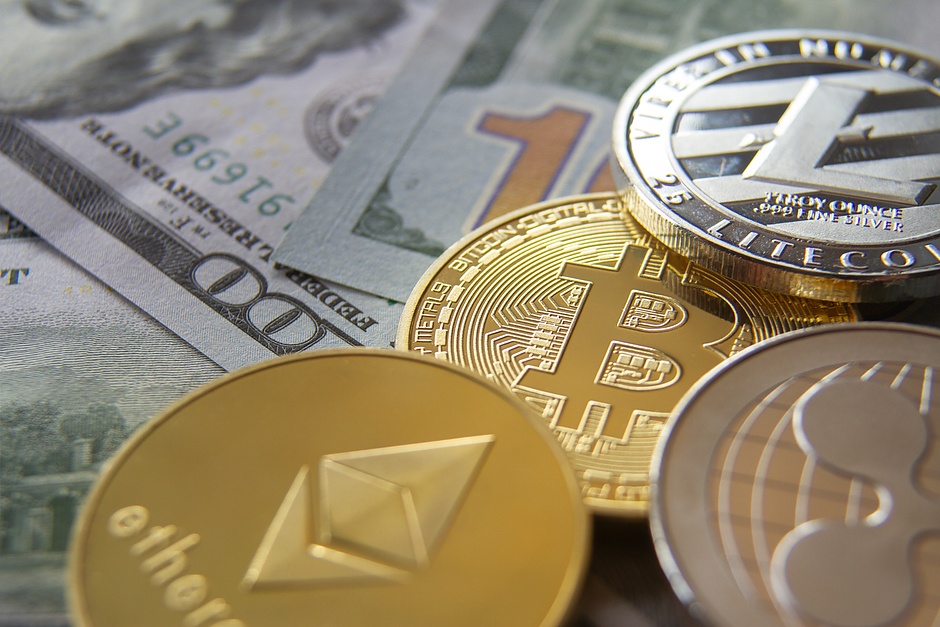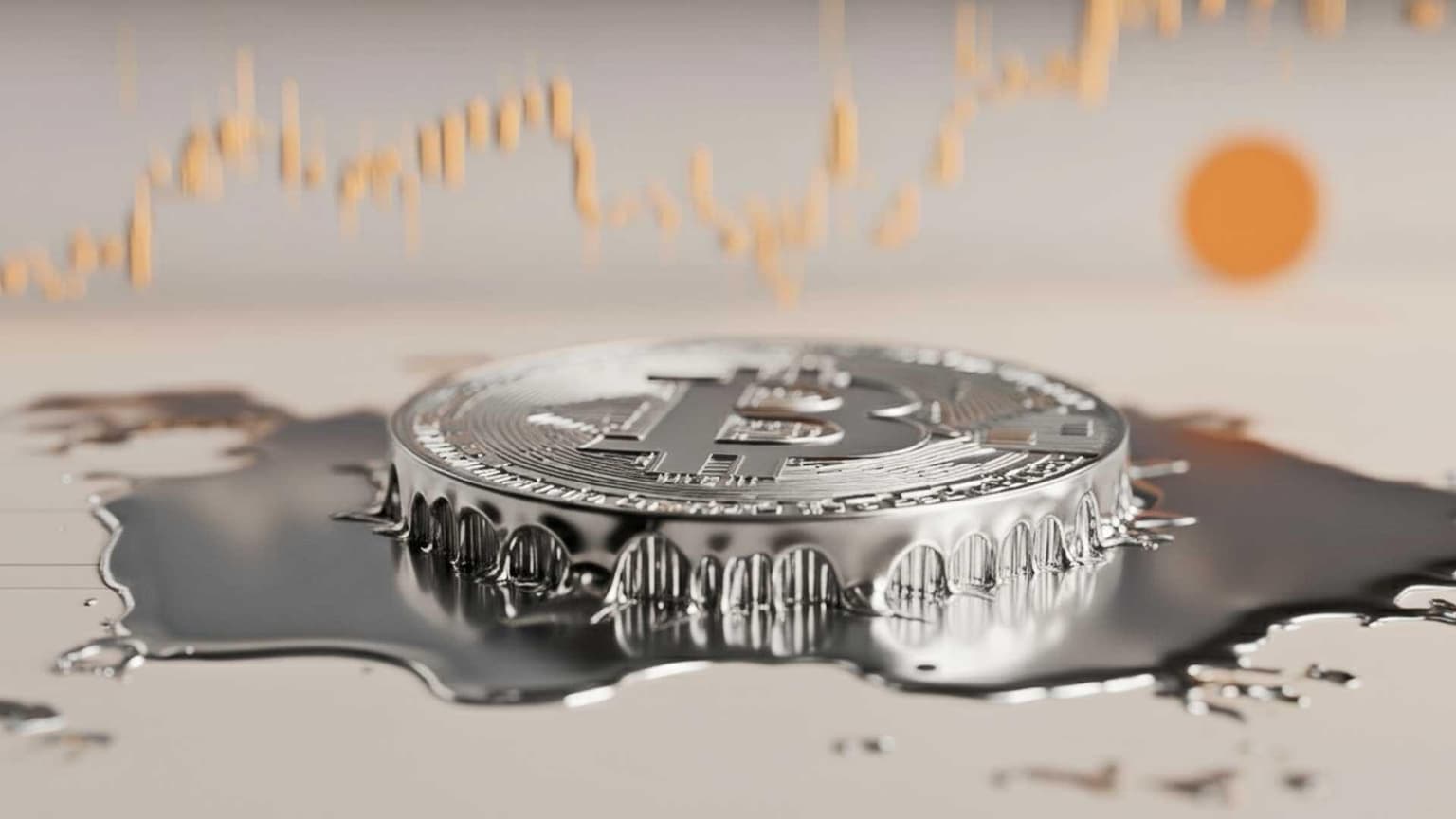Blockchain in healthcare: How technology could save lives during future pandemics

The arrival of the devastating COVID-19 pandemic highlighted how ill-prepared even the world’s best-funded hospitals were in terms of essential safety equipment. Notably, protective face masks have been in short supply, sparking governmental scrambles in order to find a capable and efficient supplier. Another shortcoming came in the form of testing kits that are vital in the path to reopening nations for business worldwide.
The spread of Coronavirus and its deadly effects may have been difficult for health professionals and scientists to identify, but preparation for pandemics has long been a priority for many nations. Despite this, the fast escalation in demand for PPE equipment exposed the lack of preparation in healthcare sectors. The urgency of finding new vendors to produce medical supplies in the face of COVID has cause issues in medical supply chains. In the United States, the online sales of fraudulent test kits and respirators forced the FDA to issue warnings to the public, while in April the US government spent $110 million on face masks from unproven vendors.
COVID has highlighted issues in the medical supply chains of global healthcare sectors, but problems are nothing new when it comes to this industry. Global supply chains are typically complex and often feature paper-based or manually entered documentation at each handoff and international border. Due to the increased likelihood of human error, theft and problems with product quality can be commonplace. Regulators can also find it difficult to track low-quality products, too.
The World Health Organisation has estimated that as much as one in 10 medical products fail to meet their regulations. Elsewhere, the BSI Group, which acts as the national standards organisation for the United Kingdom, claims that around $1bn worth of pharmaceutical theft occurs on a yearly basis.
Blockchain has emerged as a potential candidate to plug up these industry vulnerabilities. With blockchain technology, it’s supremely simple and cost-effective to verify information surrounding organisations with conflicting interests - this allows companies to complement each other in an untamperable distributed ledger.
The unprecedented levels of security offered up by blockchain means that any drawn up ledgers are managed by all members of the network, as opposed to being controlled by a single company that all component members must trust. In turn, this allows a blockchain to reduce friction, highlight fraudulent behaviour and deliver high-quality products faster.
Comprehensive Collaboration
One of the most significant advantages of adopting blockchain technology within healthcare is that it allows competing pharmaceutical organisations to collaborate on a shared platform without compromising their information. Such an idea has already been developed by MediLedger - a collaboration platform that allows organisations to share drug safety practices, among other approaches, in confidence.
One of the early uses of MediLedger has been to verify the authenticity of a returned drug, which has historically been a difficult process to undertake with certainty. With the use of blockchain technology, distributors can complete their verification in less than a second by simply using a barcode scanner. Such a quick process means the drug can then be placed back into distribution.
This practice can also be used to aid hospitals and pharmacies alike in developing a secure means of verifying the safety of products. While counterfeit items could feasibly duplicate barcodes in a bid to make products appear legitimate, the ledger would immediately recognise an inconsistency and create a permanent record of suspicious activity.
Blockchain services like the MediLedger Network help companies to bring efficiency and accuracy to supply chains. Automatic auditing and trustworthy records regarding a product’s validity and quality aids hospitals and pharmaceutical organisations alike in managing the distribution of drugs and protective equipment.
Working With Regulation
It’s important to note that blockchains can only flourish in an ecosystem that takes the measure of accommodating the technology. Today, blockchain is still craving the introduction of regulated industry standards that could pave the way for widespread consistent adoption.
Of course, it’s still early days in the development of blockchain, and as the technology and the regulations surrounding it continues to grow, its potential could be lifesaving in the healthcare industry.
Companies could collaborate faster in order to produce vaccines, develop protective equipment and distribute them much faster. With the level of detail encapsulated within each block of the distributed ledger, users can efficiently investigate instances of fraudulent activity or damaged products while redistributing inventories swiftly to counter emerging needs.
The sad reality is that COVID-19 won’t be the last pandemic we face. However, the virus has helped the healthcare sector to focus more on developing agile solutions in time for the arrival of the next crisis. With the prospect of a more mature blockchain driving an efficient and adaptive supply chain, there’s hope that a new Coronavirus won’t catch us flat-footed next time.
Author

Dmytro Spilka
Solvid
Dmytro is a tech, blockchain and crypto writer based in London. Founder and CEO at Solvid. Founder of Pridicto, an AI-powered web analytics SaaS.





